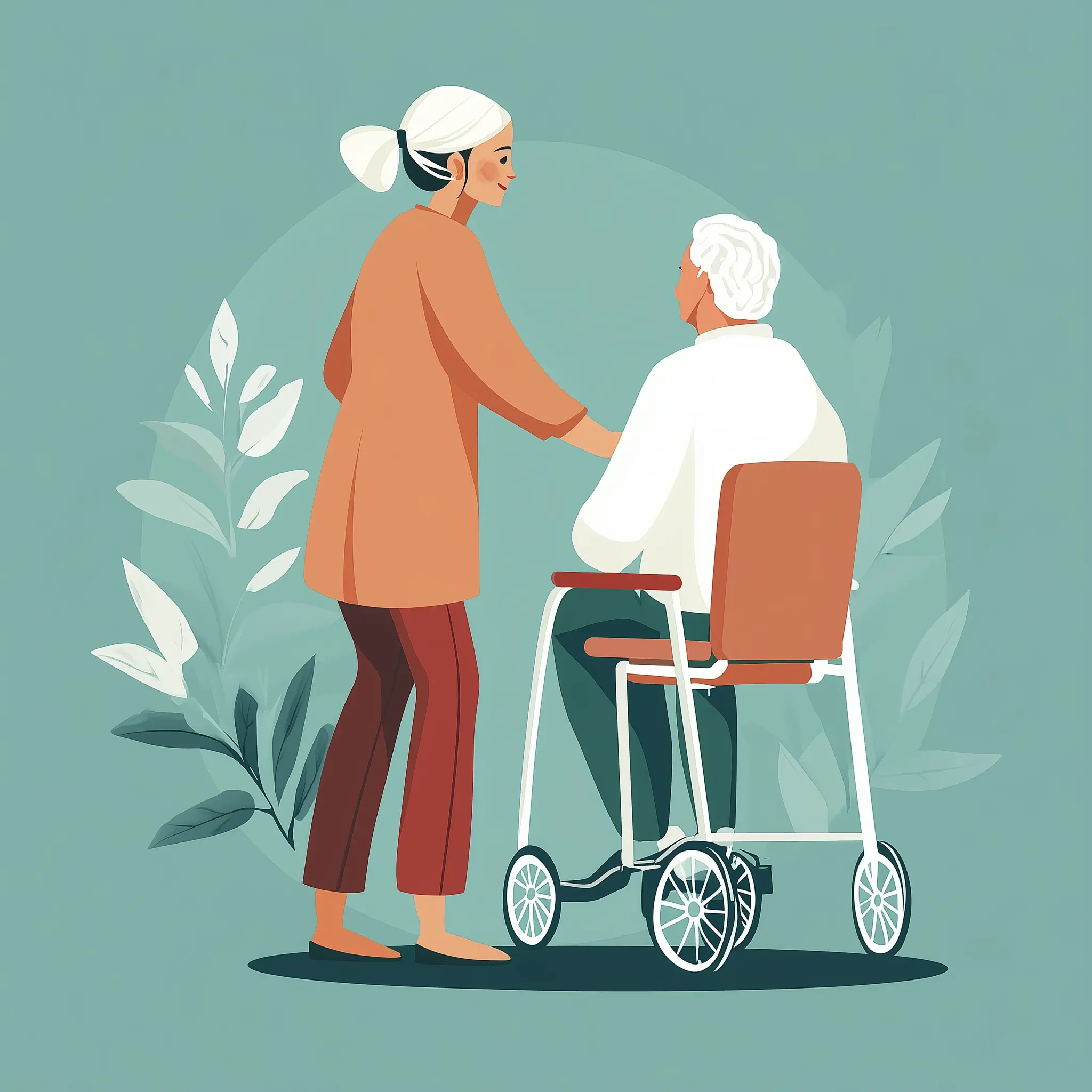
What Does A Community Nurse Do
- Published on
- Authors

- Author
- HP Homecare
Community nurses stand at the forefront of fostering health and wellness across various populations, demonstrating profound dedication to their vital role. By extending healthcare beyond traditional settings, they bridge gaps and create sustainable health ecosystems in their communities.
Understanding the Broad Scope of Community Nurse Responsibilities
Community nursing is not just a job; it’s a commitment to enhancing the quality of life for individuals in diverse settings. These professionals carry out several critical tasks:
- Health Promotion and Education: Nurses initiate programmes to teach individuals about health management and prevention strategies.
- Home Visits for Personalised Care: They visit patients at home, providing care tailored to individual needs, which is especially crucial for those who are elderly, chronically ill, or disabled.
- Disease Prevention: By focusing on preventive measures, community nurses help to reduce the incidence of disease in the community.
The Role in Diverse Populations
Treating an ethnically and socio-economically diverse population is challenging yet rewarding. Community nurses must be capable of cultural sensitivity and possess an understanding of different health beliefs and practices. Their approach to care adjusts based on cultural needs and values, ensuring responsiveness in service provision.
Collaborative Efforts with Local Organisations
Partnerships are a cornerstone of effective community healthcare. By working collaboratively with local health clinics, social care services, and charities, community nurses enhance their impact. These relationships facilitate the sharing of resources, information, and expertise, leading to improved health outcomes.
Conducting Effective Home Visits
Home visits form a significant part of a community nurse’s work. These visits are not mere check-ins but are comprehensive evaluations to manage and plan care effectively. They assess safety risks, medication compliance, and potential health changes to adjust care plans accordingly.
Educative Role in Preventive Care
Education is a powerful tool in preventive health. Nurses lead by example, delivering community workshops, school programs, and public seminars on topics from nutrition to managing chronic diseases. Their proactive stance on education empowers individuals to take control of their health.
Through their multifaceted roles, community nurses promote a healthier, more informed society. They not only attend to immediate healthcare needs but also advocate for long-term change within the community, showcasing the profound impact they have on public health. This pivotal role in healthcare is as demanding as it is rewarding, necessitating a blend of expertise, patience, and compassion.